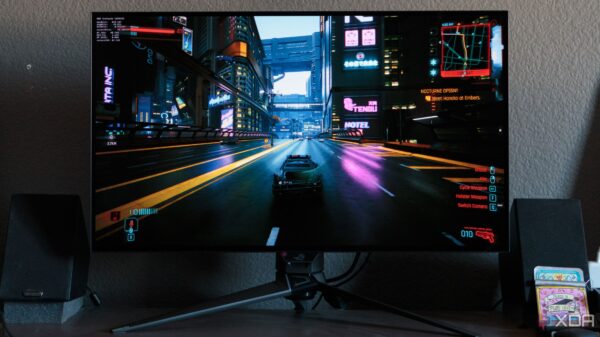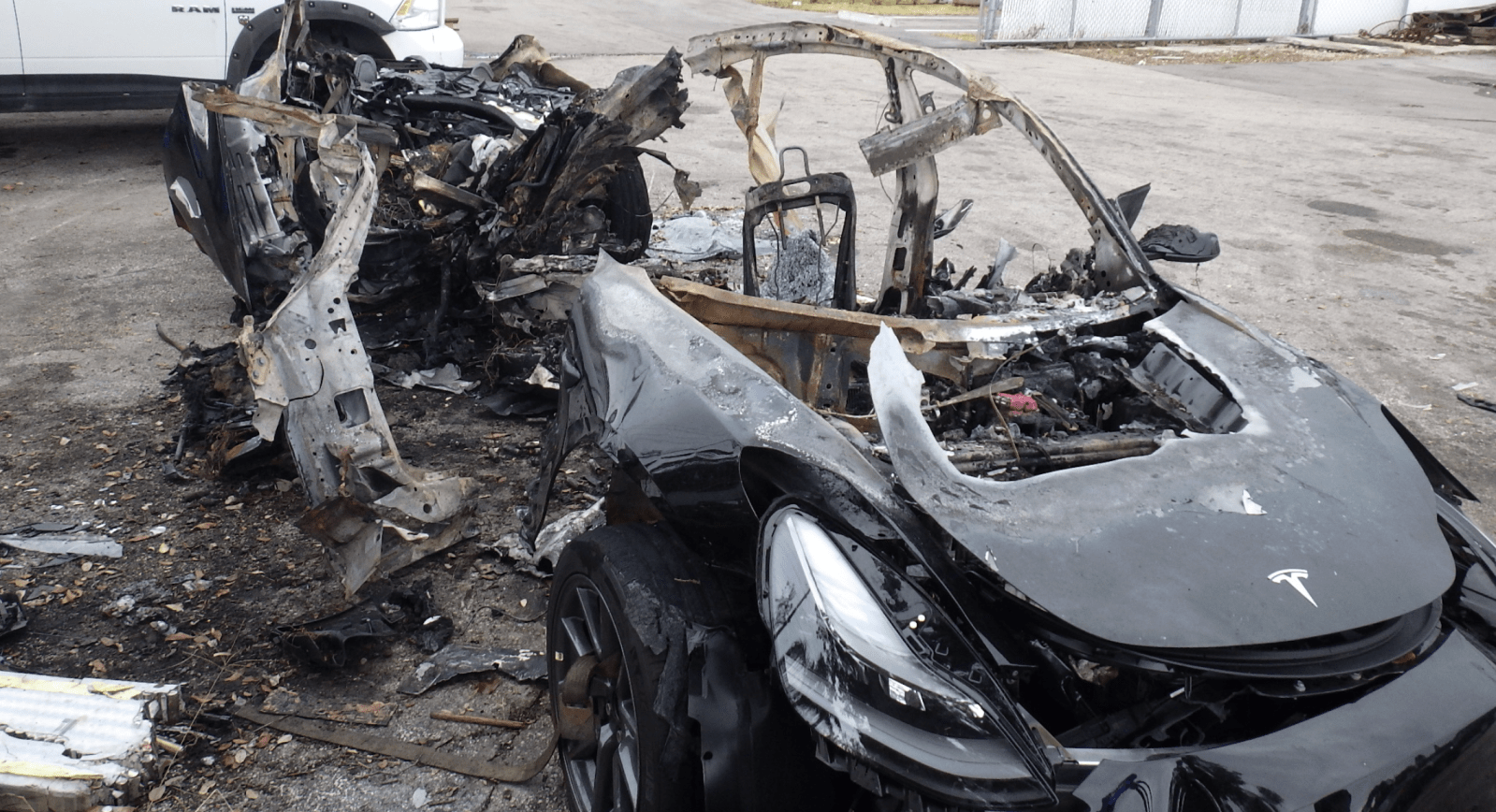A Florida judge has imposed sanctions on Tesla for what has been deemed “willful” and “deliberate” violations of court orders in a civil wrongful death lawsuit. The case stems from a fatal crash involving a 2021 Tesla Model 3, which resulted in the deaths of Nicholas Garcia and his 19-year-old passenger, Jazmin Alcala, on September 13, 2021. The lawsuit alleges that a defect in the vehicle or improper repairs contributed to the accident, which occurred shortly after Garcia had reported steering and suspension issues to Tesla.
The legal battle has persisted for nearly three years, hampered by Tesla’s alleged failure to comply with discovery requests. According to the plaintiffs, the automaker has intentionally misled the court by withholding critical data and documents that were mandated for disclosure. In a ruling dated October 24, 2025, Judge Michael A. Robinson found Tesla guilty of violating two court orders, stating that the company acted with “contumacious and deliberate disregard” for the judicial process.
In the nine-page order, Judge Robinson granted the plaintiffs’ motion for sanctions and mandated that Tesla cover all reasonable attorney fees and costs incurred due to its misconduct. This includes expenses for expert reviews of documents that Tesla produced just days before the sanctions hearing, which the judge described as “virtually useless.”
The ruling highlighted specific instances of Tesla’s failure to comply with a November 6, 2023, order that required the company to provide documents related to “real-world driving situations,” including incidents involving speed bumps and uneven surfaces. Judge Robinson noted, “The Court finds Tesla’s claim that it did not locate any Technical Incident Reports (TIRs) is not credible and appears to have been a willful and/or intentional misrepresentation.”
This is not the first time Tesla has faced scrutiny for its handling of discovery in legal cases. Earlier this year, a different wrongful death lawsuit related to a crash involving the company’s Autopilot feature culminated in a $243 million verdict against Tesla, raising concerns about the automaker’s transparency in legal proceedings.
In the current case, the court determined that Tesla possessed thousands of pages of TIRs, which its own witness, Adam White, later confirmed could be easily accessed through hyperlinks. Ultimately, Tesla provided approximately 123,000 pages of documents just four days before the sanctions hearing, but the judge criticized these materials for being stripped of metadata and file names, rendering them difficult for the plaintiffs to navigate.
Judge Robinson also expressed frustration over Tesla’s choice of witnesses, noting that the company presented individuals who were not adequately prepared to answer key technical questions. The absence of designated engineers for critical inquiries constituted a direct violation of a September 20, 2023, court order.
While Tesla has been ordered to pay for its violations, Judge Robinson issued a stern warning regarding future conduct. He stated, “Continued violations of court orders may cause the Court to impose critical and severe sanctions against the offending party, including… striking pleadings or defenses.” A subsequent hearing in the case is scheduled for November 13, 2025.
As this lawsuit unfolds, it highlights a growing pattern of challenges Tesla faces concerning its legal strategies. The increasing scrutiny over its handling of evidence and data disclosure may compel the automaker to reconsider its approach, particularly in light of the recent Benavides case, which has set a precedent for accountability in similar situations.
The legal landscape for Tesla appears to be shifting, as the company confronts multiple lawsuits slated for trial by year-end if not settled beforehand. The implications of these developments could significantly impact Tesla’s operations and reputation moving forward.







































































